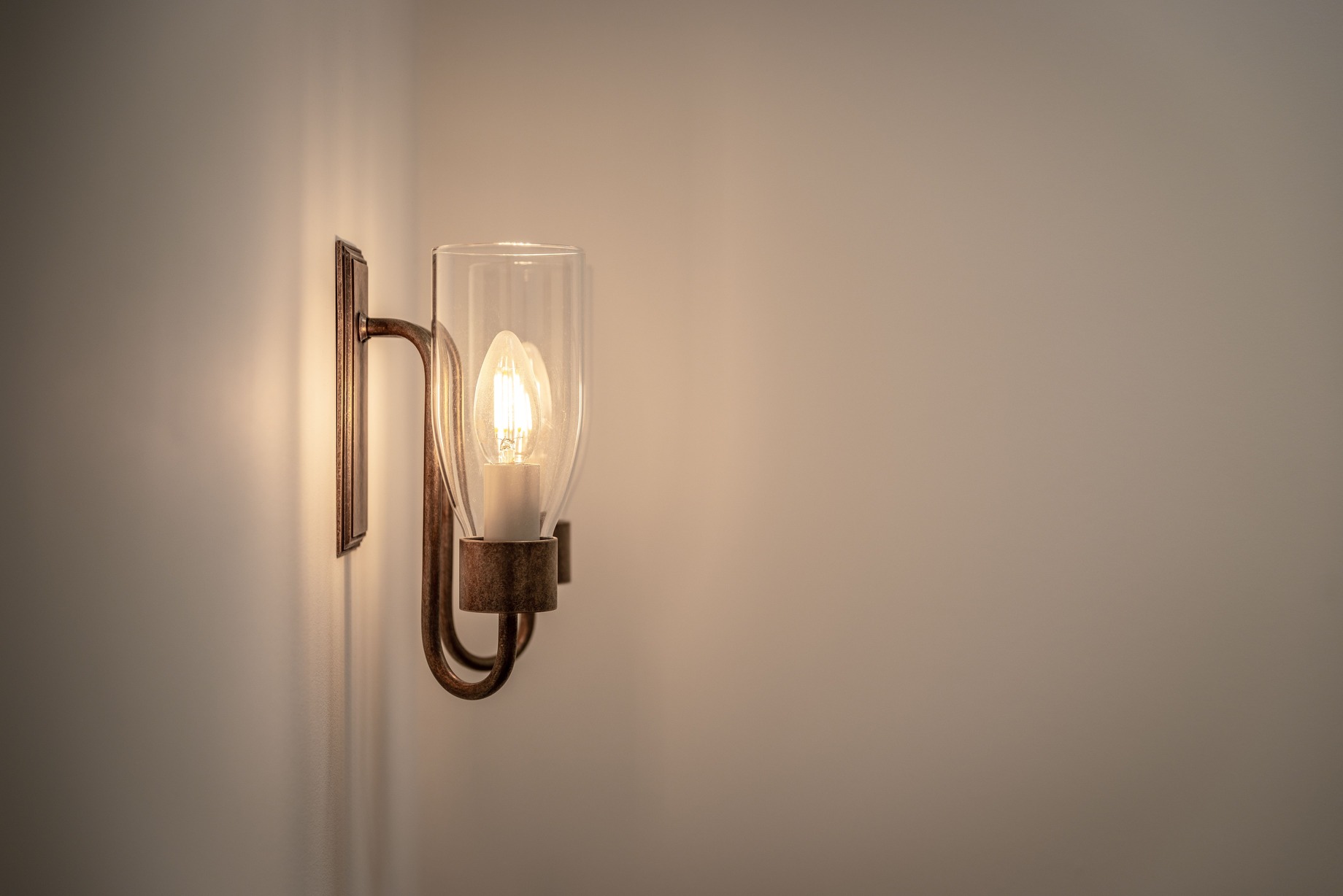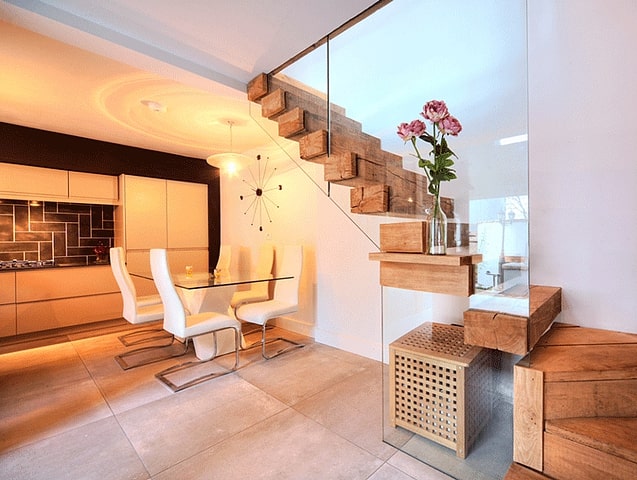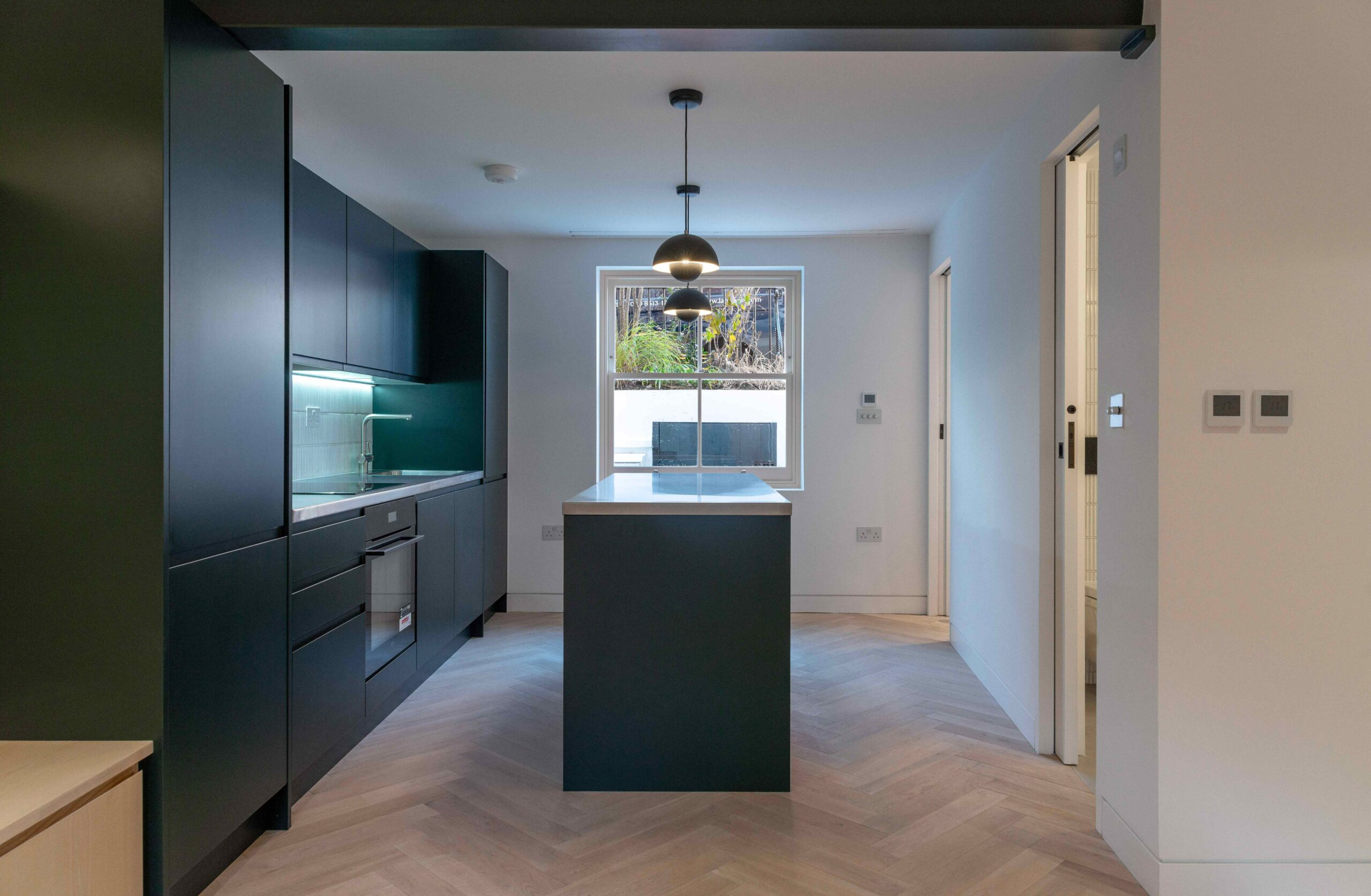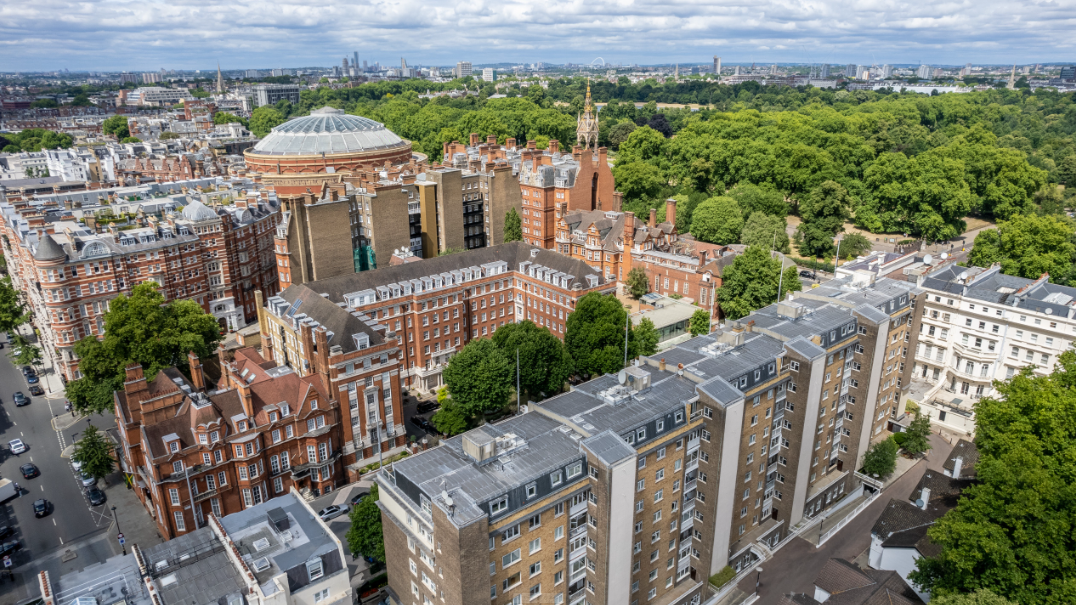
How Much Does A Basement Conversion Cost?
Does your house have a neglected basement conversion that you have been kept neglected for years? If it hasn’t been in use regularly, chances are they have turned into dark, moldy spaces – with the ceiling infested with cobwebs and the floor collecting dust. You might want to convert the cellar under your house for a little bit of extra space – maybe to use as a spare bedroom, or a gym, or a game room, or even as a little private cozy space to spend some time solo! Or you might already have a purpose in your mind, but you need to build a basement beneath your house first. Either way, with a reasonable amount of time and money, you can not only get some extra space for yourself but increase your property value too!
Why Convert Your Basement
You can have numerous reasons to convert your basement. For starters, making your basement inhabitable provides you with extra space. You might have a growing family and trying to fit in everybody under the same roof. Or you may have had to downsize your home, but still need to manage everything that you have. Maybe the increasing property prices mean that your children are staying longer with you – and they need their own space too, or you have aging parents to take care of. Whatever the reason may be, converting your basement will give you the additional space needed.
Basement conversions are not necessarily meant for people alone though. You might possess collectors’ items or documents or unused equipment – that you could you store under your house without worrying about them being affected by rain or dust. By converting your basement into a storage unit – your items might find the home they need. Basement conversions are also great if you are looking towards building yourself a gym to maintain your fitness or a quiet office if you work from home
Converted basements provide valuable above-ground space and are also great for storage. People are keen to stay fit nowadays and establishing a gym at home are more convenient than going out to exercise. People who are self-employed or work from home find basement work well as self-contained home offices.
It may take from two or three weeks to several months to convert your unused basement space into something more pleasant and hospitable, but once the deed is done, the basement conversion will certainly add in property value as well to your home.
How Much Does a Basement Conversion Cost?
Much like the time required to convert a basement, the cost can also widely vary depending on what you want to achieve with your basement. It is possible to hire professionals from Dobuild who would carry out the entire basement conversion process for you, but that generally costs more. Whilst there are some tasks for which hiring Dobuild professionals are essential, there are some other tasks that you can do by yourself if you want. Keeping these in mind, this Dobuild blog aims to provide you with a general idea of how much it might cost to convert a basement.
Building a Basement
If you want to convert a basement, the first thing that you’d have to take into consideration is your house itself. Costs will vary depending on if you have an existing cellar or are looking into building a new one.
If you already have an unused cellar, it will cost you about £720-£1,800 per square metre. This includes the cost of tanking and insulation of the walls. The cost of conversion will, however, increase if you need more headroom. This would require you to underpin your house foundations and lower the floor level, which would increase the cost to around £2,000-£4,000.
If you’re looking to create a basement under an existing house, then your costs will take up a bit more. The cost to construct a brand new basement under your house will cost roughly £1,920-£2,640 per square metre. It is important to keep in mind that this is a rough estimate, and other factors such as difficult ground conditions or party wall agreements will increase the cost.
You might also want to construct a basement under your garden rather than the house itself. In that case, it will cost about £1,750-£2,250 per square metre.
Lightwell/ External Access
The lightwell is the most visible part of a basement extension, and therefore the most crucial one. A lightwell is essential to a basement conversion as it allows the basement rooms to have natural light and airflow. Lightwells are often planted at discreet locations, as local authorities often discourage the use of lightwells at a front of the property and require them to be smaller in size. Taking all of the factors into account, it is estimated that a lightwell may cause around £5,000-£10,000 to install.
It requires roughly the same amount i.e. £5,000-£10,000 for any external access to your basement.
Planning Application
If you’re converting an existing cellar or basement, you would generally not require a planning application as it falls under the category of ‘change of use’. However, a planning application is vital to your conversion if you are building a new basement, expanding it significantly, lowering the floor level or changing its external appearance. Either way, it is best recommended to contact your local planning office to inform them of the conversion through an application. Usually, this will cost about £165.
Building Regulations application
Building regulations applications are also an essential part of your basement conversion. Building regulations ensure your safety and your neighbors’ too. The use of building regulations confirms that you have followed construction codes, verify the presence of fire escapes, electrical wiring, waterproofing, and water supply. They also make sure that the basements have adequate ventilation and ceiling height. Ensuring these safety measures are important and may cost you over £750.
Party Wall Agreements
The Party Wall Act protects the interest of neighbouring landowners and ensures that they are not disturbed by your basement conversion. If you go ahead with the construction or conversion of a basement, you would likely be required to issue a Party Well Notice, as stated in the Act. This will cost you roughly around £700 for each neighbour.
Engineer’s Fees
To ensure your basement is properly constructed, converted or extended, you would need to hire a structural engineer. A structural engineer would guarantee that your building codes are maintained and that sound engineering design is being followed, as any mistake in the design would harm your property and that of your neighbours too. Therefore, hiring a structural engineer is essential, and would require you to pay them about £1,000-£1,500 during the entire conversion process.
You may also need to hire an architect to plan the design of your basement. This will incur about £2,700-£4,000 for making architectural drawings.
A survey of your house may also be required before beginning the construction process, which would cost you another £1,000-£1,500.
Waterproofing
It is important to protect your basement from rain, flooding, or other types of water damage. Hence it is important to seal your basement and ensure that it is waterproof. The
Other costs
Once you have your basement constructed or extended, you would need to pay for flooring, heating, lighting and decorating your basement, this includes plumbing and electrical costs. This also includes the cost of fitting fixtures and equipment, building stud walls to form rooms, painting and decorating your basements. Taking all of these into account, it will take you around £1,500-£4,000 to finish up your basement, depending on your specifications.
Whilst the factors above are generalised for an average house, the cost incurred may increase for you due to several factors. If your house has drains and sewage lines beneath it, they would need to be diverted in order to build your basement. The ground condition on which your house is built may also increase the costs incurred as it is more difficult to work on clay, sand or marshes. High water tables and difficulty of site access may also contribute to your expenses.
It is also important to note that this only includes the base cost of converting a basement. You would also need to take into consideration the inclusion of VAT. All of the costs mentioned above will be subjected to VAT, which is rated at 20% of the build cost.
Whilst it may seem that basement conversion is an expensive process, it is also a worthwhile one. Having extra living space can add between 10-15% of your property value, and also be rented out for a little extra income. It can also be occupied for your personal use or for the use of your children or parents. However, bearing the costs in mind and the time consumed, whether you choose to convert your basement or not is for you to decide.
You can read more about basement conversion in London here.
Contact our expert basement conversion team today to learn how we could benefit your basement project. Call us on 0203 916 5327 or email us at info@dobuild.co.uk to arrange a free no obligation consultation and quote.



